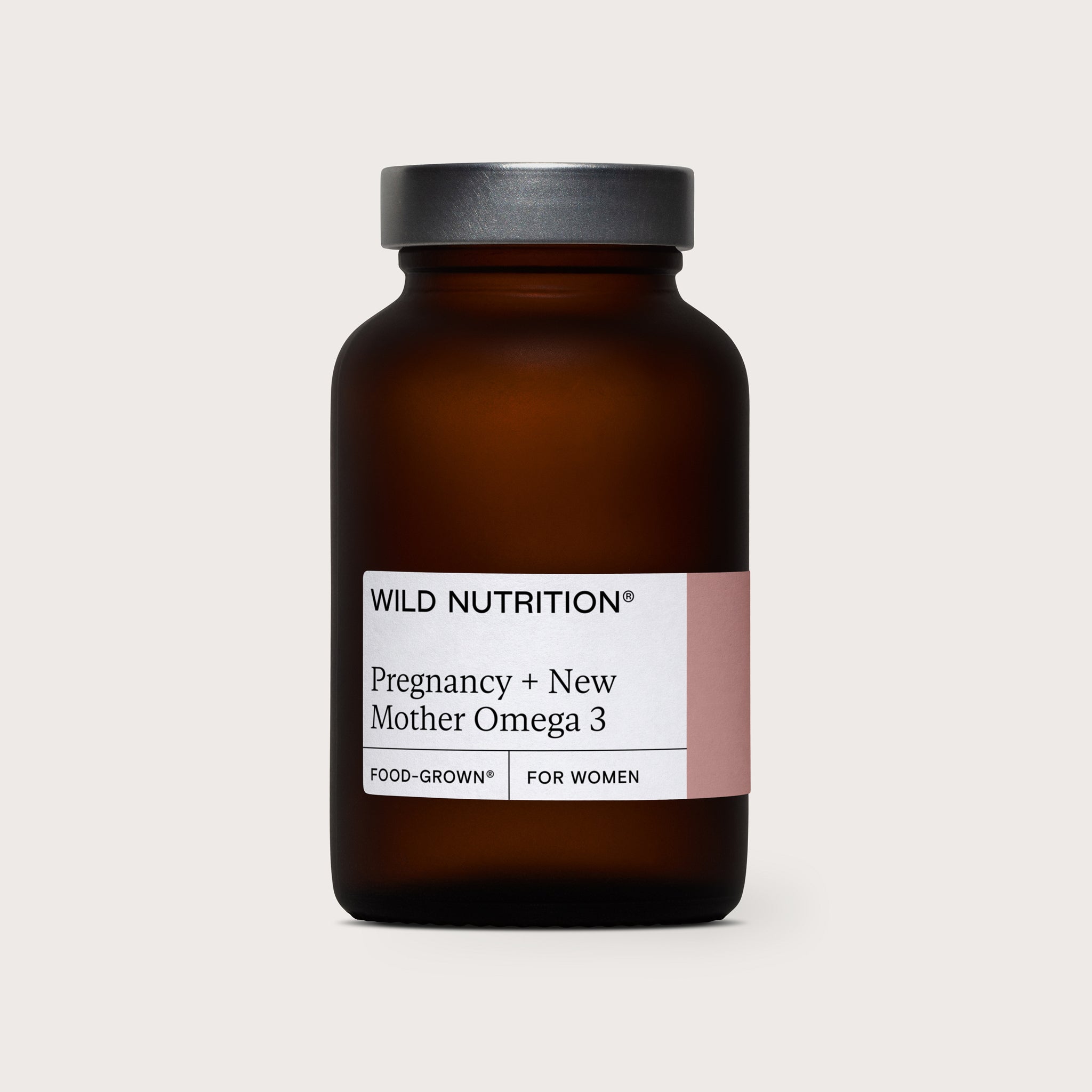
A2 milk and autism
Cow's milk and the link to diseases, such as autism, have been a long debated topic. Reading the papers this weekend (a happy indulgence on a wet and windy day) I was interested to see an advert for A2 milk. I had been hearing rumours of its imminent arrival from NZ shores and as it was a subject I hotly debated for a recent MSc (Nutritional Medicine) assignment. I was hot on its trail… so what is this new phenomenon in milk production
Table of contents:
- How do you know if the milk you drink is A1 or A2?
- So what does BCM-7 do that is 'so bad' for our health?
- Does it do this to all of us?
- My thoughts so far
Among the natural health industry, consumption of cows milk has been questioned as a contributory factor in certain diseases (diabetes and autism for example) for some time. According to epidemiological research, populations that consume milk containing high levels of type A2 milk have a lower incidence of cardiovascular disease and type 1 diabetes. Furthermore, consumption of milk with the A2 variant may be associated with less severe symptoms of autism and schizophrenia.
How do you know if the milk you drink is A1 or A2?
A1 is the most frequent in Holstein-Friesian, Ayrshire and Red cattle. These are the breeds used for commercial milk production. In contrast, a high frequency of A2 is observed in Guernsey and Jersey cattle (the main type of cattle used for milk in New Zealand).
Research has shown that Type A1 milk is digested differently from A2 milk and that the digestion of A1 milk results in the production of a compound known as bioactive peptide beta-casomorphin 7 (BCM-7). The BCM-7 level is estimated to be 4-fold higher in Type A1 milk than in A2 milk. Herein lies the health concern…
So what does BCM-7 do that is ‘so bad’ for our health?
BCM-7 is highly bioactive and shown to act as a powerful morphine-like opiate (similar to heroin). This can pass through the gut defences, travel through the bloodstream to the brain and block certain areas, interfering with normal brain function. Its opiate-like structure means that it stimulates numerous opioid receptors in the nervous, hormone, and immune systems suggesting that it may promote neurological disorders such as schizophrenia and autism.
Does it do this to all of us?
In The Devil in the Milk, Keith Woodward states that the absorption of BCM 7 is much less in people with good gut function and in healthy developed adults. This parallels the GAPS theory of Dr Campbell McBride who vehemently believes that digestive health, and specifically the status of the healthy bacteria in the gut, determines whether or not the absorption of BCM-7 can occur.
There has been some evidence to suggest that infants may be especially vulnerable due to an immature gastrointestinal tract. However, the evidence to date is preliminary and needs further research.
The gut-brain link and role of A1 milk within this is an area of research currently being funded by the Autism Research Institute.
The proposed link between autism and other neurological diseases with gluten and casein has been around for a long time. The treatment of consuming a diet free of these two proteins has been investigated at length with conflicting results. The results of the recent ScanBrit study (2010) suggest that dietary intervention may positively affect developmental outcome for some children diagnosed with Autistic Spectrum Disorder, but the recent Cochrane Study stated that evidence for the efficacy of gluten and/or casein exclusion diets is poor and consequently large-scale, randomised, controlled trials are needed. However, neither of these tested the hypothesis that A2 milk is better for neurological conditions.
My thoughts so far….
There is no doubt that further research is needed. However, despite the integral role robust research plays in my practice as a nutritional therapist, I am not limited by it. I cannot ignore the anecdotal evidence and, for what it is worth, my hunch that this may offer benefit to those who change to A2 milk. I for one will be watching the developments in this area of research with great interest.
If you want to read more about this I can highly recommend Brent Bateman’s subtly titled book ‘Don’t drink A1 milk! The Nutrition Factor: A bold perspective'












